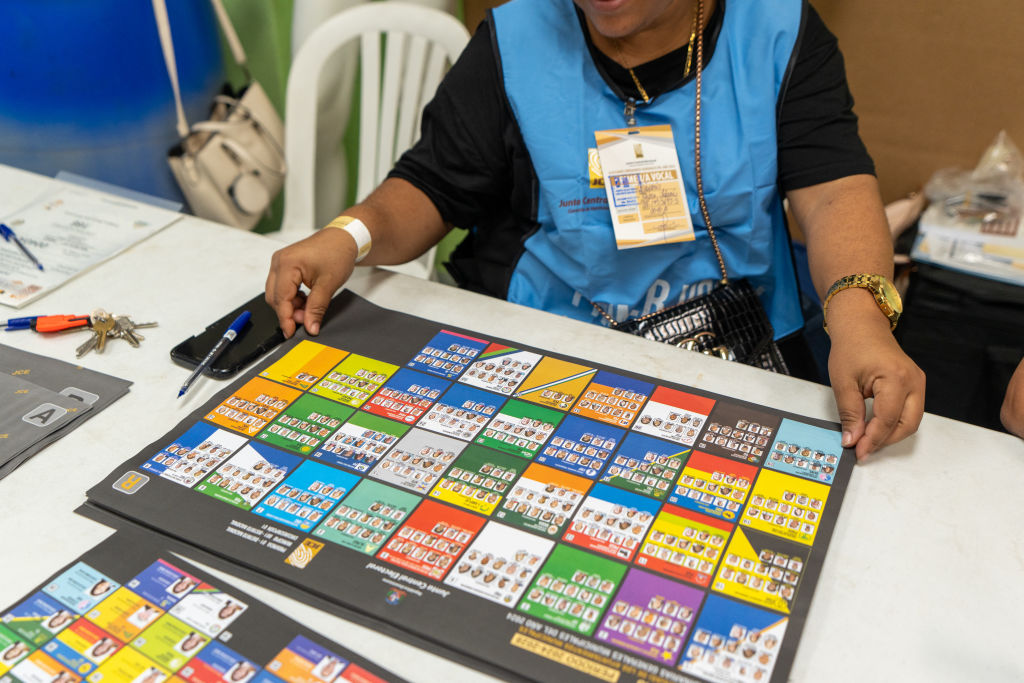By Ana Piquer, Americas Director, Amnesty International
The Dominican Republic is holding its presidential elections in May. Against that backdrop, a review of each of the nine candidates’ plans for government raises serious concern given the absence of a serious and robust perspective on human rights, which should be one of the cornerstones of any political proposal on this scale.
Although all the plans for government include generic references to human rights in their platforms, the depth and breadth of these commitments varies significantly. Some plans propose concrete measures to improve education, health and other social, economic and cultural rights, which is positive. Yet there are few that directly address human rights for LGBTIQ+ people, sex workers, people living with HIV, Haitians and other racialised people, all of which have featured heavily in the public debate on the country’s human rights situation in recent years.
On the issue of migration, and specifically the situation of Haitian people seeking protection or a better life in the Dominican Republic, some of the plans for government propose measures for their integration in society, with a vision focused on the economy. However, these plans do not set out their approach or clear measures to protect Haitians’ human rights and to eradicate the forms of discrimination and systemic racism they suffer.
It is crucial that the next president establishes migration policies that guarantee respect for the dignity and human rights of all people and ensure that Haitians can access international protection. No Haitian national should be returned to Haiti in the face of the crisis that currently threatens their lives.
Government plans should also include measures for the prevention and punishment of human rights violations committed by authorities in immigration operations, such as those denounced by Amnesty International.
The nine candidates’ plans for government also have one major gap: the situation and rights of Dominicans of Haitian descent, who face a long legacy of racism and institutional barriers to the restitution of their nationality and the enjoyment of their human rights. Therefore it is essential that whoever is leading the next government promotes and designs institutional solutions to avoid statelessness and guarantee the State’s commitment to restoring the nationality of people of Haitian descent, and to deliver and renew the documentation of the beneficiaries of Law no. 169-14.
We are also deeply concerned that none of the candidates makes a clear commitment in their plan to govern without discrimination, guaranteeing the right to equality for all people before the law; for example taking leadership on passing a law to promote equality and non-discrimination, which has been called for by the Dominican human rights movement for years.
Racism, a systemic problem in the country, requires a comprehensive and institutional response by the State. Despite this, only one of the proposed government programmes mentions racism as problematic. The absence of this issue from most of the proposals is not only lamentable, but should also raise concern, given that anyone intending to lead the country’s government should show a clear and determined commitment to dismantling the racial discrimination and violence experienced by black people in the country. Instead, they are staying silent, and this does not bode well for human rights.
The protection of women and girls is still a critical area and a historical debt, especially in the context of gender violence in the country. While several candidates have promised to strengthen institutions and laws regarding human rights for women, the decriminalisation of abortion is not a commitment shared by all candidates.
A review of the plans for government reveals significant gaps and areas of opportunity. It is therefore essential that, whoever takes over the presidency in August 2024, demonstrates a leadership committed to comprehensive national development, i.e. one centred around respect and the guarantee of human rights for all in the Dominican Republic.
The Dominican people deserve a government that prioritises their dignity and human rights. The eyes of the world will be on the election, and we hope that the real winner will be the rights of every person in the country.
Originally published in Spanish in Listin Diario


